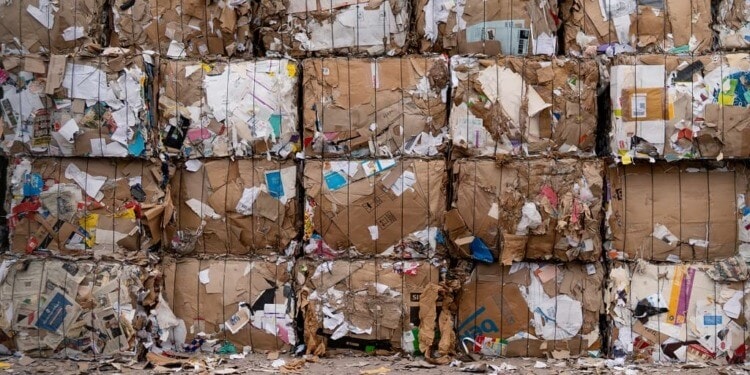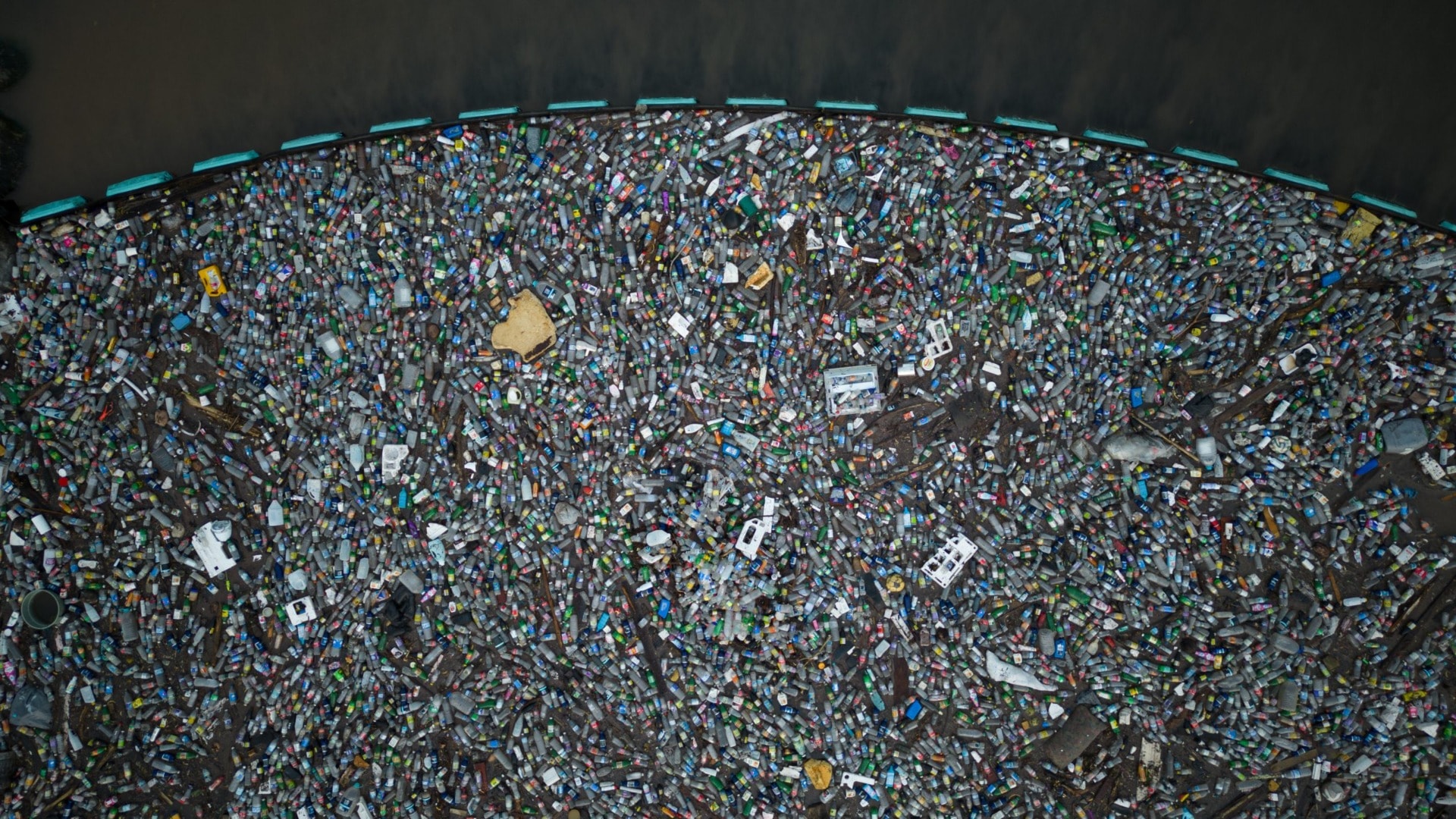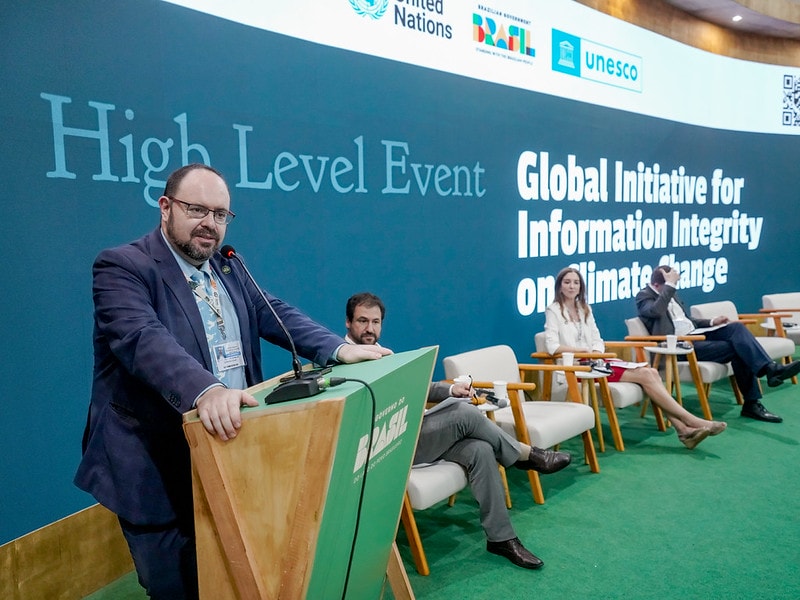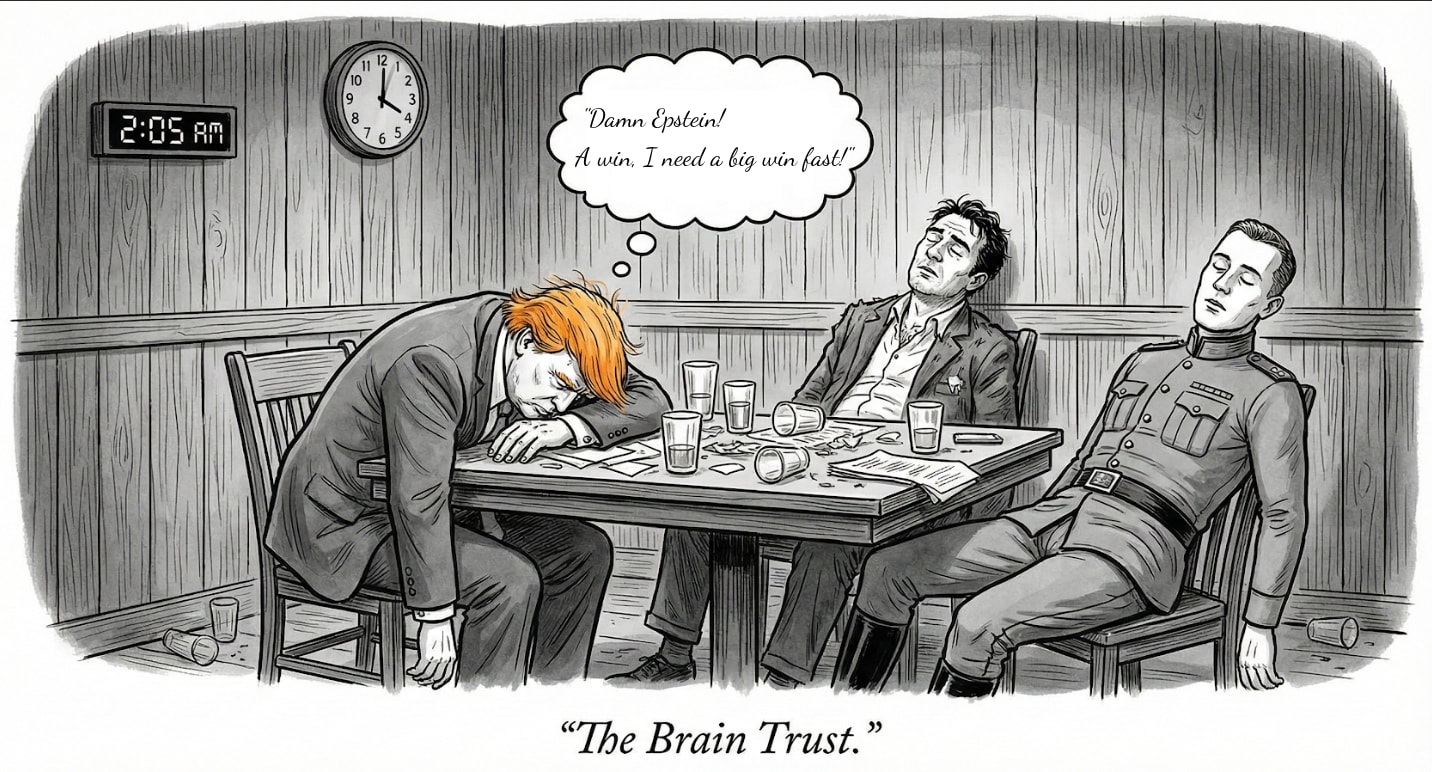Plastic pollution is emerging as a principal concern of consumers, investors, and regulators.
Every year, our take-make-waste linear economy allows millions of tonnes of plastics to leak into the environment, end up in landfills, or get burned. This not only results in a loss of millions of dollars worth of materials, but plastic pollution is also extremely harmful to people and our climate.
It goes without saying that plastic pollution does not care about borders. Individuals, businesses, and countries cannot fix the problem on their own. A coordinated, inclusive, and globally aligned response is needed to cope with this vast global challenge.
Whilst many sustainability leaders are taking voluntary steps to accelerate a circular economy for plastics, a coordinated action plan will enable widespread momentum.
In response, from 28 February – 2 March 2022, the UN Environment Assembly (UNEA) will meet in Nairobi, Kenya, to discuss a legally-binding treaty to combat plastic pollution.
The treaty aims to align the governments of the 193 UN Member States to enable systemic change across the public and private sectors.
RELATED ARTICLES: New UN Treaty Focused on Plastic Pollution | 4 Ways to Reduce Plastic Pollution | Curbing the Plastic Pollution Pandemic | The Sustainable Development Goals and Fighting the Plastic Soup |
An Unprecedented Opportunity
At the heart of the UN Treaty on Plastic Pollution is the concept of a circular economy – a state where plastics never become waste.
Most experts agree that a truly circular economy could make plastic pollution a memory of the past. But what would such a future look like?
In a world where the treaty is fully idealized, all actors in the world economy will have the means to support actions that keep plastics in the loop. Individuals, company leaders, and policymakers will be able to make informed decisions when they purchase, use, or recycle plastics. Favorable market structures will set the stage for wide-scale adoption of recycled materials and ensure that plastics are too valuable to waste.
And lastly, the right incentives will make sure that financing is streamlined into infrastructure and material management systems to ensure long-term resilience.

The Business Case For A UN Treaty On Plastic Pollution
The world’s consumers are calling for more environmentally friendly purchasing and recycling options. Investors are looking to their portfolio companies to set actionable targets and take concrete actions. Similarly, governments are already implementing plastic taxes and EPR laws to encourage a shift toward circularity.
Consumers, investors, and regulators are actively looking to consumer brands to accelerate a circular economy. Examples for desired environmental action include eliminating single-use packaging, providing reuse and refill schemes, and increasing recycled content.
Corporate leaders who take proactive steps to meet these emerging trends and reduce their environmental footprint can win new conscious consumers, meet investor expectations and minimize overall risk exposure.
Understanding the importance of immediate action, more than 70 businesses and financial institutions have signed a pre-UNEA statement asking governments to urgently commence negotiations on a UN Treaty on Plastic Pollution.
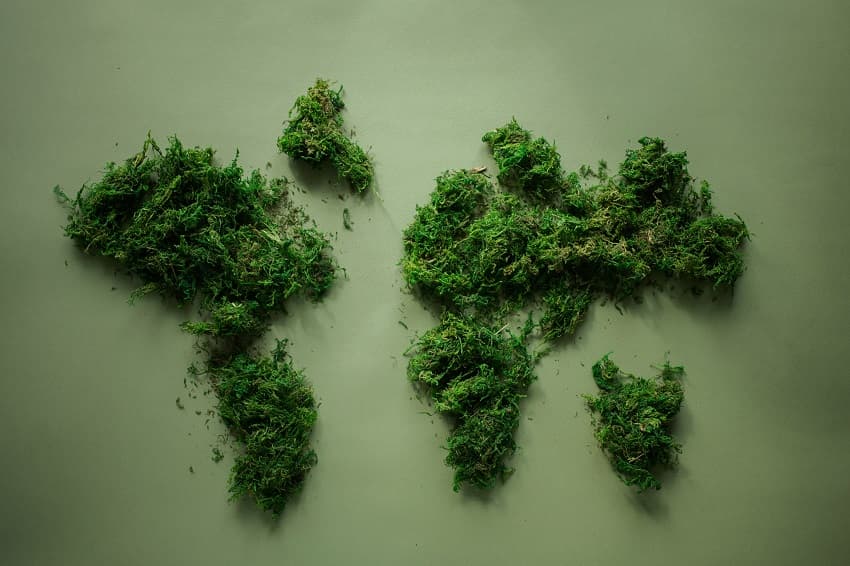
A “Paris Agreement” for Plastics?
If done right, the new treaty can become a vehicle for positive global change.
Previous success stories include the Paris Agreement (2015) for global climate action and the Montreal Protocol (2015), both taking aim at greenhouse gas emissions. These two global agreements demonstrate the tremendous potential for the positive impact that comes with coordinated global action.
The new treaty has the potential to transform the vision of a circular economy into an attainable goal — an international catalyst to stop plastic pollution.
In the cover picture: Cardboard and plastic waste in the process of getting recycled. Photo Credit: Pexels.
Editor’s Note: The opinions expressed here by Impakter.com columnists are their own, not those of Impakter.com


